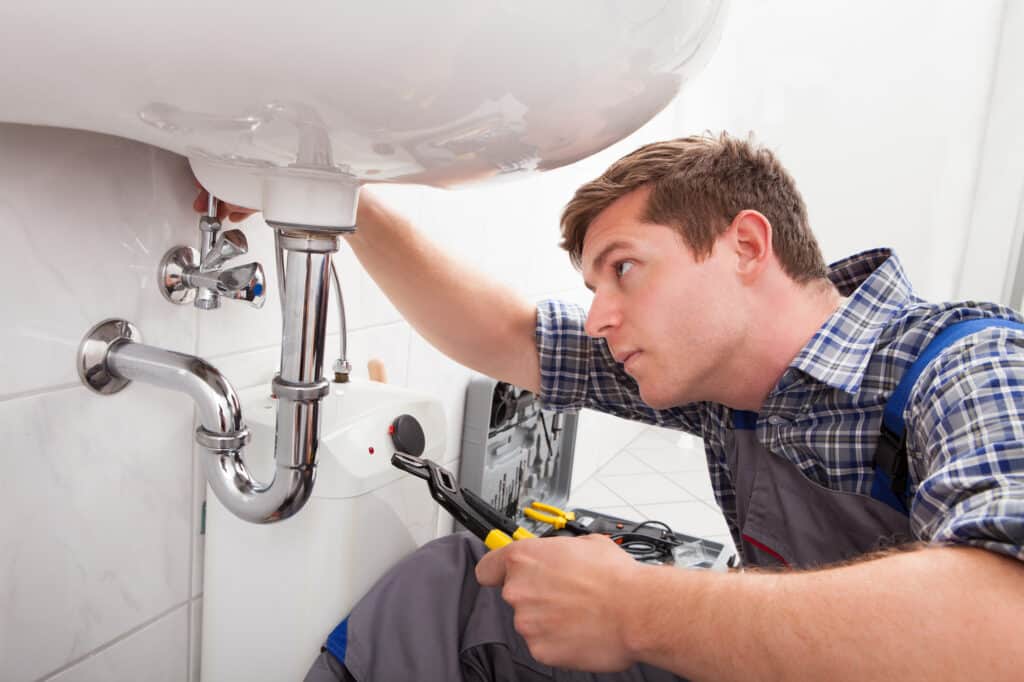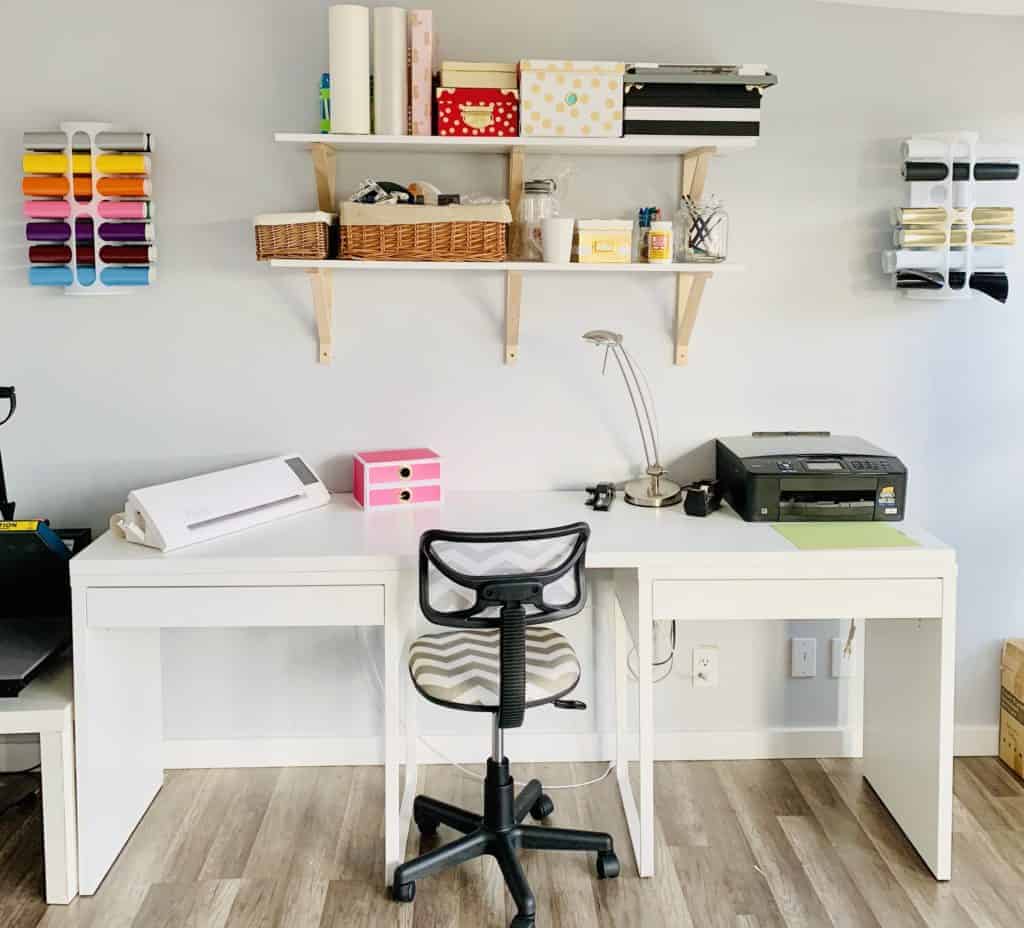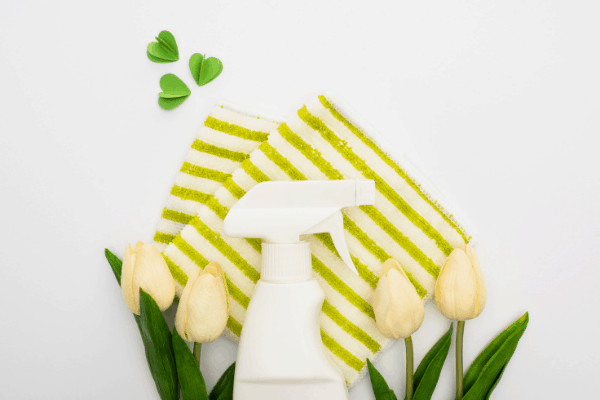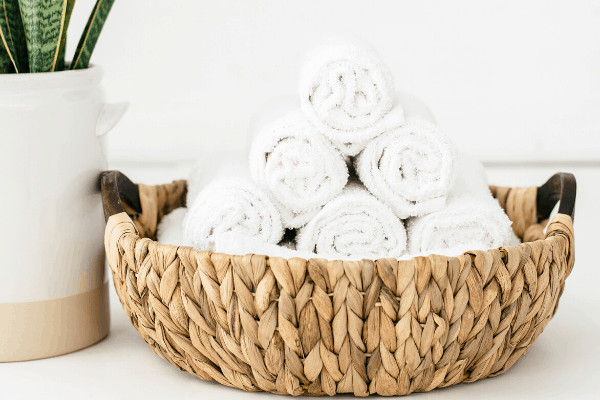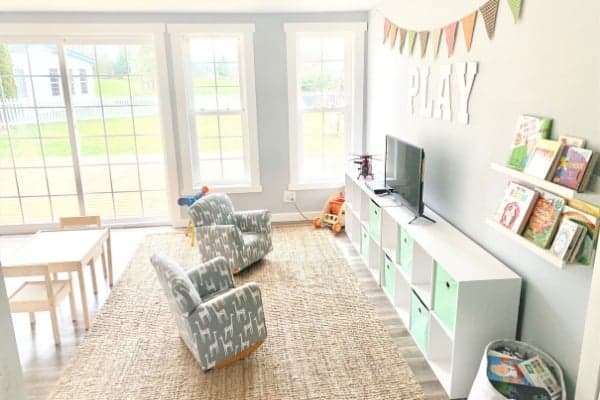If not addressed early, plumbing issues can disrupt daily routines and lead to costly repairs. Many common problems, from leaky faucets to clogged drains, are preventable with simple maintenance habits and awareness. Homeowners who understand the basics of their plumbing systems can often avoid emergencies and extend the life of their fixtures.
Access to an emergency plumber can be crucial in cases where problems escalate despite preventative measures. These professionals can quickly resolve urgent issues like burst pipes or severe backups, helping minimize damage and restore normalcy. Still, consistent care and early attention remain the best defense against major plumbing disruptions.
Regular Inspections
Regular inspections play a key role in preventing common home plumbing problems before they turn into costly repairs. Homeowners can promptly identify issues and address them by checking for signs of wear, corrosion, or slow leaks in pipes. Water heaters, faucets, and under-sink connections should be inspected periodically to ensure everything functions efficiently. Enlisting experienced professionals like plumbers Rock Hill for routine maintenance can help ensure thorough evaluations and reliable repairs when needed. Preventive checks save money in the long run and help maintain a safe and functional plumbing system throughout the year.
Proper Drain Care
Clogged drains lead to unpleasant odors and potential damage. To prevent this, use drain strainers and avoid pouring grease, oil, or coffee grounds down the drain. Dispose of food scraps properly and clean strainers weekly. Flush drains once a month with a mixture of baking soda and vinegar. These practices help prevent clogs and ensure drains remain clear and odor-free.
Monitor Water Pressure
High water pressure strains pipes, increasing the risk of leaks or bursts. Use a gauge at an outdoor spigot to check pressure, ideally 40-60 psi. If over 60 psi, a licensed plumber can install a pressure-reducing valve to protect your plumbing and extend appliance life.
Insulate Pipes
Burst pipes from freezing are standard in cold climates, but are preventable. Use foam pipe sleeves from home improvement stores to insulate exposed pipes in garages, basements, crawl spaces, attics, and exterior walls. During extreme cold, let faucets drip slightly and keep sink cabinet doors open to circulate warm air and reduce the risk of freezing.
Maintain the Water Heater
Your water heater needs annual maintenance for efficiency and safety. Flush a few gallons yearly to remove sediment and check or replace the anode rod every few years to prevent corrosion. Keep the thermostat at 120°F to save energy and prevent scalding. Inspect for leaks or rust at the tank’s base.
Avoid Chemical Drain Cleaners
Chemical drain cleaners provide quick results but can corrode and damage pipes over time. Instead, tackle minor clogs with a plunger or a drain snake. A natural mixture of baking soda, vinegar, and hot water may dissolve buildup for tough clogs.
Know Your Shutoff Valves
Knowing your home’s main shutoff valve location can save time and reduce water damage in emergencies. Find the main valve near where the water line enters and ensure everyone knows how to operate it. Also, learn the shutoff valves for toilets, sinks, dishwashers, and washing machines. Being prepared helps you act quickly during leaks or plumbing issues, minimizing damage.

